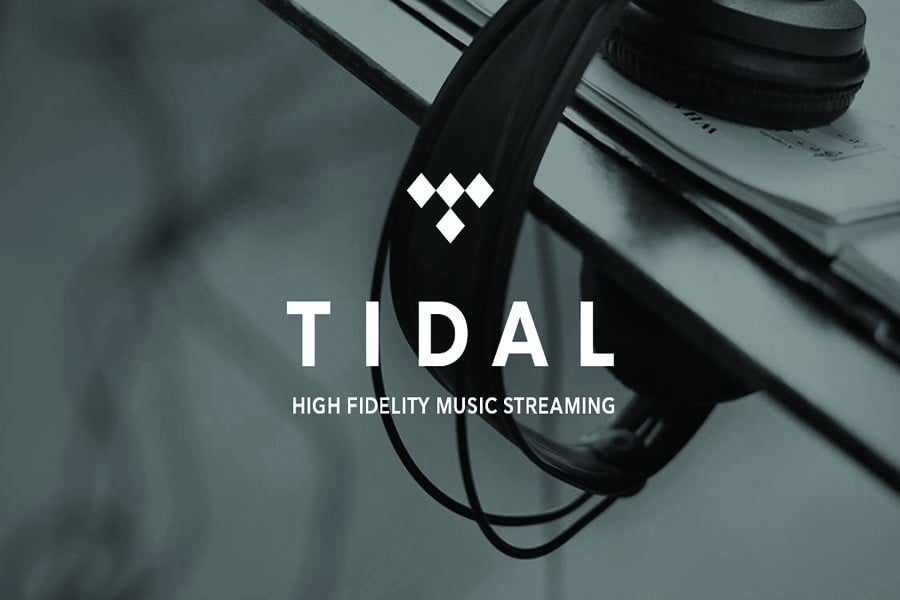From Pandora to Spotify, meet a new member of the ever-expanding orgy of musical listening opportunities: Tidal, a new streaming service introduced on March 30.
The service, front-run by Jay Z, was flooded with support from many other popular music artists.
Its announcement framed to provide not only the highest quality music files but also exclusive content unreachable from other services. The overall message claimed at Tidal’s website is that it is for musicians and respecting the art.
Not surprisingly, the Internet’s response was not so in favor of supporting the cries of millionaires for a service with a $20 monthly price tag and features that aren’t promising.
As the app plummeted from 48th most popular to 750th on the App Store, list Tidal was said by many critics to be doomed.
Besides its current failures, I attest that Tidal is a step torward the future for musicians rights supported within the tech industry, no matter the fate of the service itself.
Tidal’s Chief Investment Officer and Chief Industry Liaison Vania Schlogel announced on April 22 that the service would be providing a new window to indie artists with Tidal Discovery. The app will let artists upload directly through the service without using a record label or other third-party distributors.
Tidal Discovery, combined with Tidal X, which lets musicians track and look at their fan bases, and Tidal Rising, which promotes artists who are not signed to major labels, proves the promises the service set out in its press release.
Tidal also distributes 75 percent of its revenue and is currently making negative profit on the remaining 25 percent.
“When it comes to the distribution of music, I want to get a point where there are no blockades for artists in order to be able to easily do that for themselves,” Schlogel told Smashd. “I think indie artists who come on to Tidal through their label can at least have the peace of mind that their label is not being paid less of a percentage just by virtue of being indie.”
Even if Tidal is set to fail from its market standing, its premise and ideas are unprecedented, valiant and will be infectious for the music industry.
“For example we (originally) paid much more attention to TVs for how they look rather than how they sounded,” said Associate Professor of Music and director of guitar Kami Rowan. “But now … when you walk into a Best Buy store, you see better surround (sound) systems being advertised right next to them.”
Rowan stressed how sound quality is a priority for people, but it always comes after the necessity of visual clarity and ease of use. While Tidal is a fantastic idea, people have not seen audio quality as a high priority for music streaming yet.
“Me being a musician, if I work on an album for a whole year, and I find out my fans are listening to my music downloaded for free, they aren’t my real fans,” said sophomore LA Davis. “Paying for music is a fan’s way for respecting the artist.”
Davis also said our current generation downloads too much free music.
Tidal is an idea created by musicians for musicians. It’s ahead of the times.
The issue with Tidal’s consumer trust could have been avoided if Jay Z hadn’t released the software like one of his albums: a surprise with no substance. Spotify has taken years of development and planning. That’s why it’s successful.
Besides the gripes about Tidal, the service gives artists an unprecedented amount of freedom from most other forms of music listening. Even if Tidal fails, I am excited for the coming wave of music streaming opportunities it has provoked.







